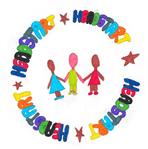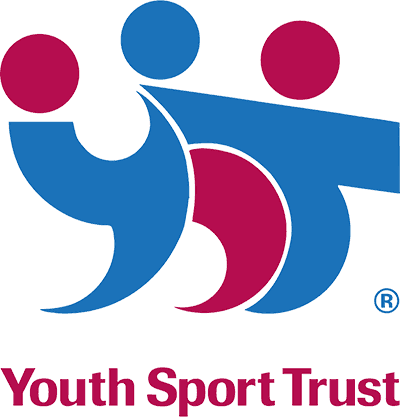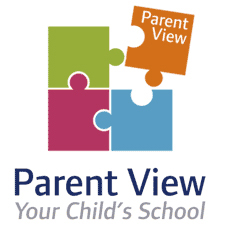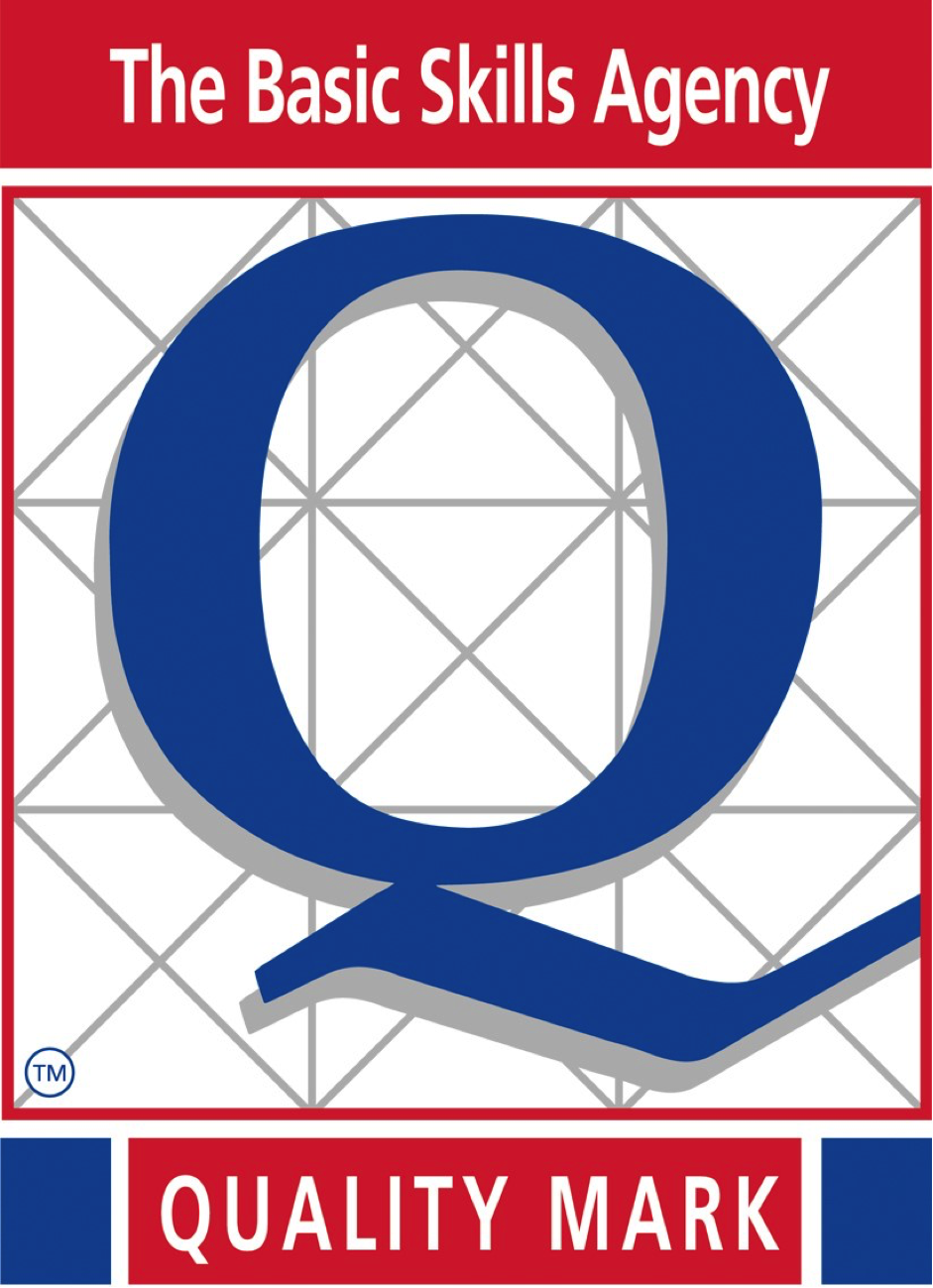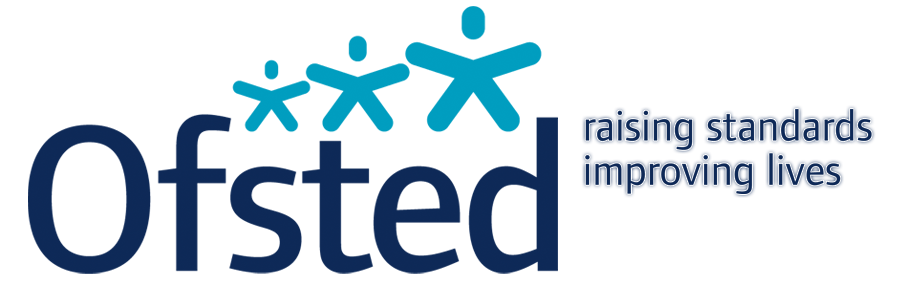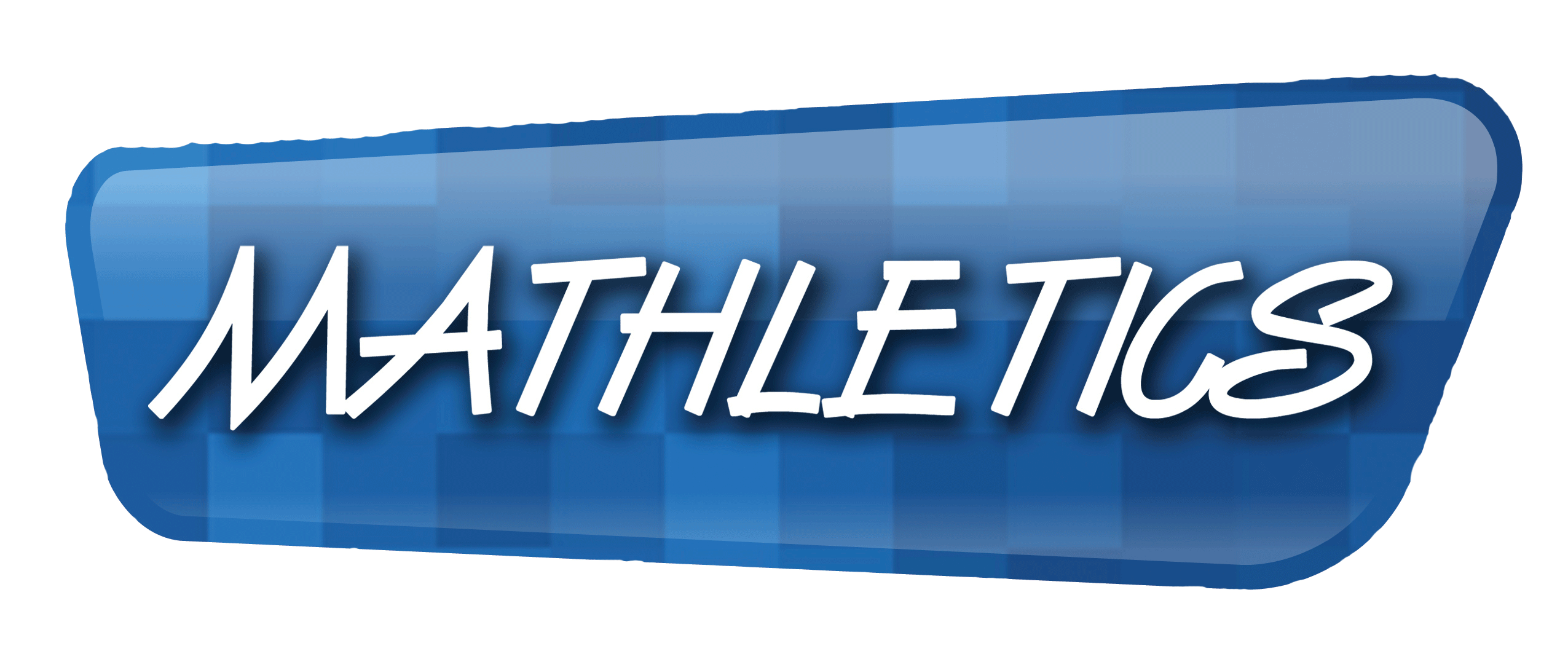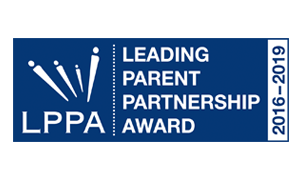SEND Information Report – Plan
Viewley Hill is a fully accessible, single story site with a disabled toilet.
Information regarding the Academy’s approach to inclusive education can be found in the policies section on our website and a hard copy can be provided on request.
At Viewley Hill we have high aspirations for all our pupils and we aim to provide high quality, inclusive education.
In practical terms, this means that we aim to ensure that children identified as having SEND have equal access to the curriculum and the opportunities provided at Viewley Hill Academy. We do this in the following ways:
- Carefully differentiated teaching, flexible timetabling and personalised resources including access to appropriate IT;
- High staffing levels to ensure that children are well supported by adults in their learning and to provide small group teaching or individual support where necessary;
- Access to specialist professionals and agencies such as the Academy’s Language and Learning Teacher, Educational Psychologist, Speech and Language, School Health, CAMHS. Outcomes of any external assessments are shared with parents and carers.
- Termly meetings between SENCO and class teachers to discuss children’s progress and identify next steps;
- Personalised SEND support plans which identify short-term, achievable targets, how these will be achieved and desired outcomes;
- Termly consultation meetings with parents and carers to ensure you are kept fully informed and involved in the provision for your children;
- The class teacher is always the first contact to discuss a child and additionally, the school SENCO (Miss Glindon) is available to meet with any parents who wish to discuss their child’s SEND provision.
- Children are made aware of their targets and their progress towards meeting these through discussions with the class teacher and teaching assistant if they have been working together. Progress is celebrated and rewarded with stickers, visits to other teachers and other small treats to keep children motivated.
- Carefully planned transitions involving the receiving setting. For children with a statement or Education Health and Care Plan (EHCP) this will begin in Year 5.
- All children have access to extra-curricular activities such as clubs and residentials. Relevant adaptations will be made to ensure that children with SEND can participate as fully as possible.
Please read the following information for further details on how we plan for different aspects of SEND.
Communication and Interaction
- Access to small group and/or individualised interventions to develop skills in communication, interaction, emotional awareness, self care, flexible thinking
- Access to expert outreach staff via Beverley Special School (nursery is hosted on site at Viewley Hill Academy)
- Access to speech therapy service; 1:1 work and follow up back in the classroom
- Access to Educational Psychologist for assessment and support
- Enhanced access to visual approaches e.g. personal timetables
- Access to low stimulus area/workstations in classroom
- Flexible approaches to timetable
- Modifications to lunch and/or breaktimes; lunchtime club
- Enhanced access to additional aids e,g, fidgets, weighted resources
- Enhanced access to technology (tablets and PCs)
- Explicit teaching of generalising skills from one context to another
- Careful planning of transitions; photo books, early visits, meetings with key staff
- Mentoring and/or buddy systems
- Social stories developed alongside a TA
Cognition and Learning
- Regular, individually focused intervention
- Increased access to small group teaching and/or support
- Access to the Academy’s Learning and Language Teacher
- Access to Early Intervention Class (Reception/KS1)
- Access to Educational Psychologist for assessment and support
- Practical aids for learning e.g. number squares, time/number lines, pictures, photos, accessible reading material suited to ability
- Access to specific programmes to develop C&L e.g Nessie, Toe by Toe, Power of 2
- Enhanced access to technology
- Adaptations to assessments to support access e.g. readers, scribe, IT, additional time, rest breaks
- Frequent repetition and reinforcement.
Social, Emotional and Mental Health Difficulties
- Access to therapeutic work through The Bungalow Project
- Access to Early Intervention Class (Reception/KS1)
- Access to Educational Psychologist for assessment and support
- Access to CAMHS (Child and Adolescent Mental Health Services)
- Access to time out/individual work area
- Mentoring/buddying by peer or staff member as appropriate
- Individualised rewards system
- Access to counseling e.g. bereavement/grief services; domestic violence services
- Small group social skills intervention e.g. circle of friends
- Increased access to additional adults in the classroom
- Alternative curriculum opportunities
Sensory and/or Physical Needs
- Physical aids to support access e.g. wheelchair, walking frame, hearing aids, large print materials
- Access to a specialist teacher/LSA for the hearing/visual impaired as required
- Concrete apparatus available to support learning
- Access to support for personal care
- Therapy programmes delivered in school, designed by specialists e.g. Occupational Therapists, Physiotherapists
- Adapted curriculum to enable full access e.g. alternative recording devices, modified PE curriculum.
- Some children with SEND may have additional plans in place to support their wider needs in school. This may include a Health Care Plan for children with medical needs or a Personal Education Plan for Looked After Children. To ensure continuity and targeted support for such children, targets from a child’s SEND support plan may be shared on other plans ,and vice versa.





